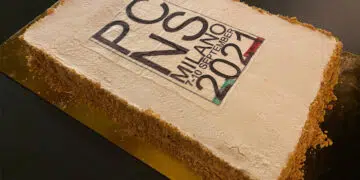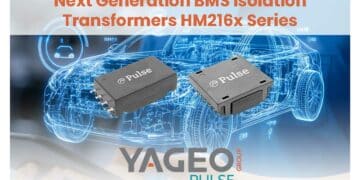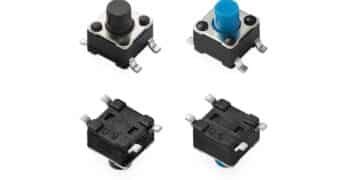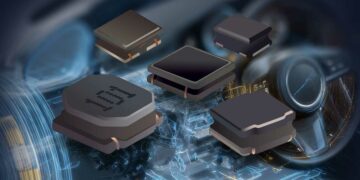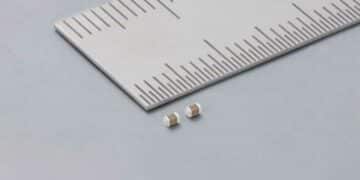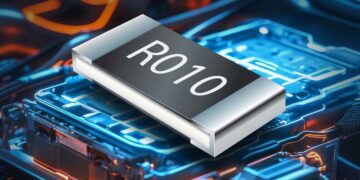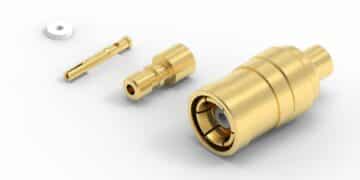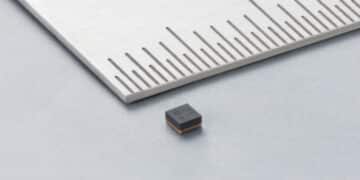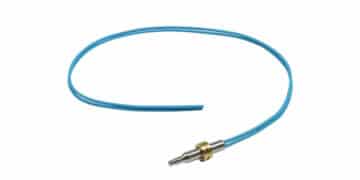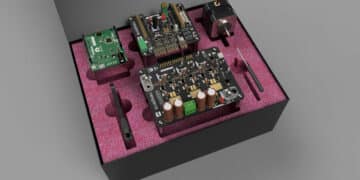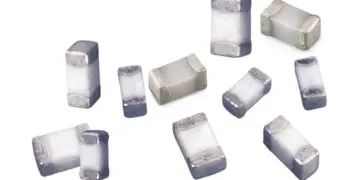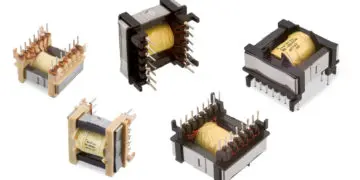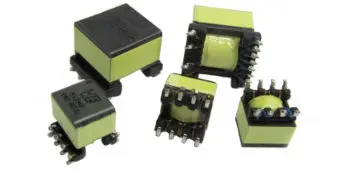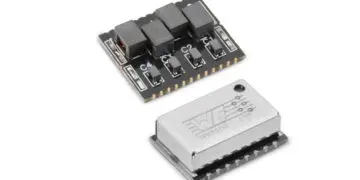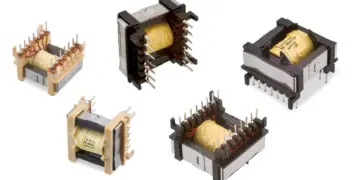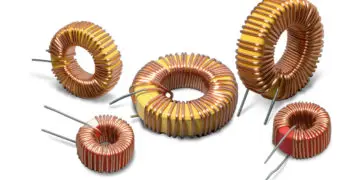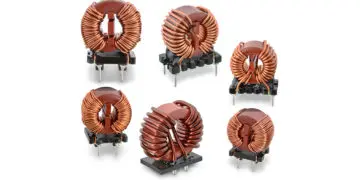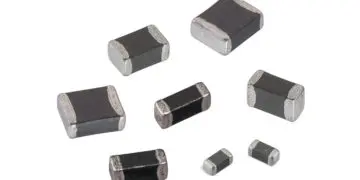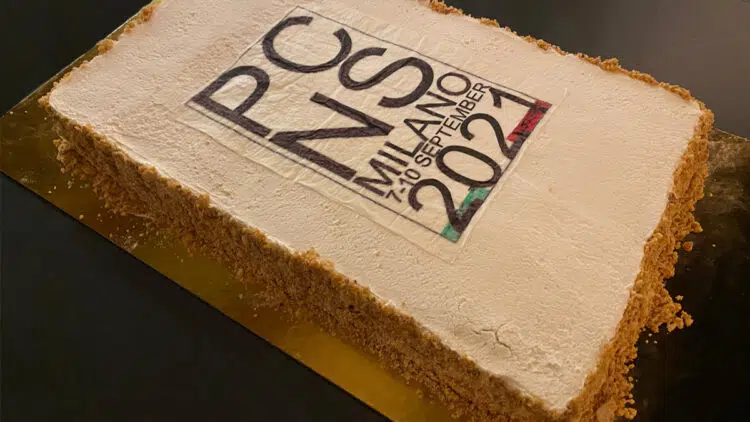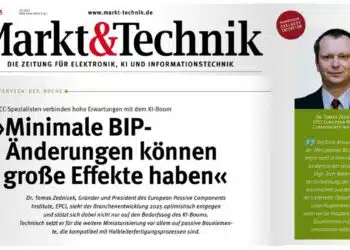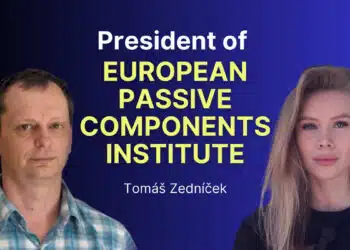Attendees of the 3rd PCNS Passive Components Networking Symposium that took place on 7-10th September 2021 in Milano, Italy voted for best and outstanding papers in passive components category.
3rd PCNS organized by EPCI and hosted by Politecnico di Milano, Italy as hybrid event was attended by 50 live attendees and 25 virtual attendees from 16 countries including Europe, Israel, USA and Korea. Theme of the conference “Reliability and Sustainability of Passive Components” was elaborated in workshop on life cycle assessment and addressed by keynotes, invited papers and hot panel discussion.
Twenty four full technical papers were presented during two and half PCNS event days covering wide range of passive components including capacitors, resistors, inductors, integrated passives or passive sensors.
PCNS attendees voted for best and outstanding papers of the symposium based on full technical papers and oral presentations. Speakers had to also answer live and remote attendees’ questions at the end of their talks.
Best Paper Award
CNF-MIM technology, enabling the worlds thinnest capacitor by Maria Bylund; Smoltek AB; Sweden
Abstract:
This paper presents a novel technology (CNF-MIM) combining Carbon Nanostructures materials and MIM-like technology, enabling capacitors with total thickness lower than 40 µm – suitable for use in future miniaturized electronics. The CNF-MIM ultra-thin and discrete capacitors have been manufactured and characterized on several substrates, showing excellent electrical properties such as high capacitance density of several hundreds of nF/mm2, ESR in the mOhm range, low ESL (~ 10 pH) and promising for a multitude of applications within the semiconductor industry. To assess the long-term durability, CNF-MIM capacitors have also been subjected to prolonged exposure to high temperature and constant voltage bias environments following a HTS and BTS standard. The CNF-MIM capacitor show initial robustness against degradation in these scenarios.
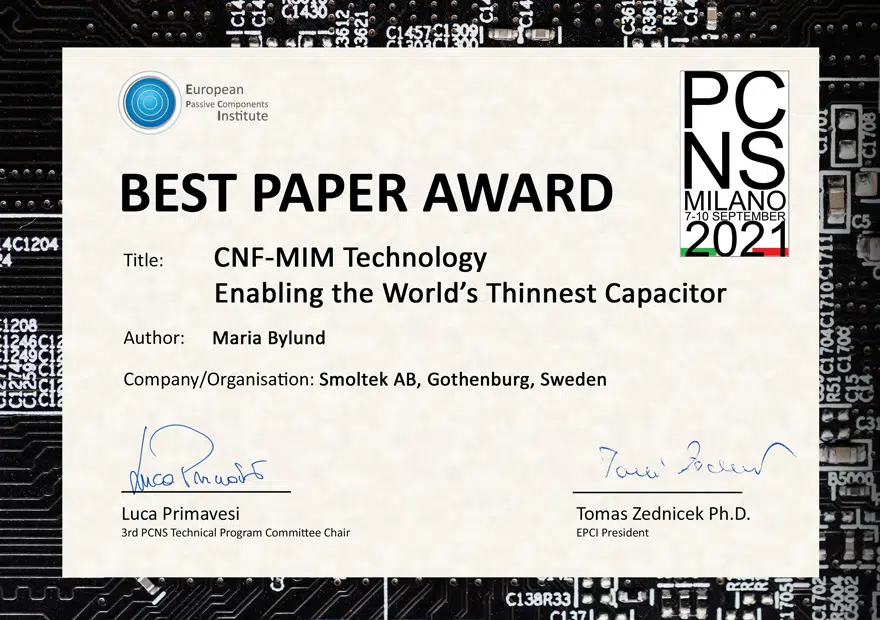
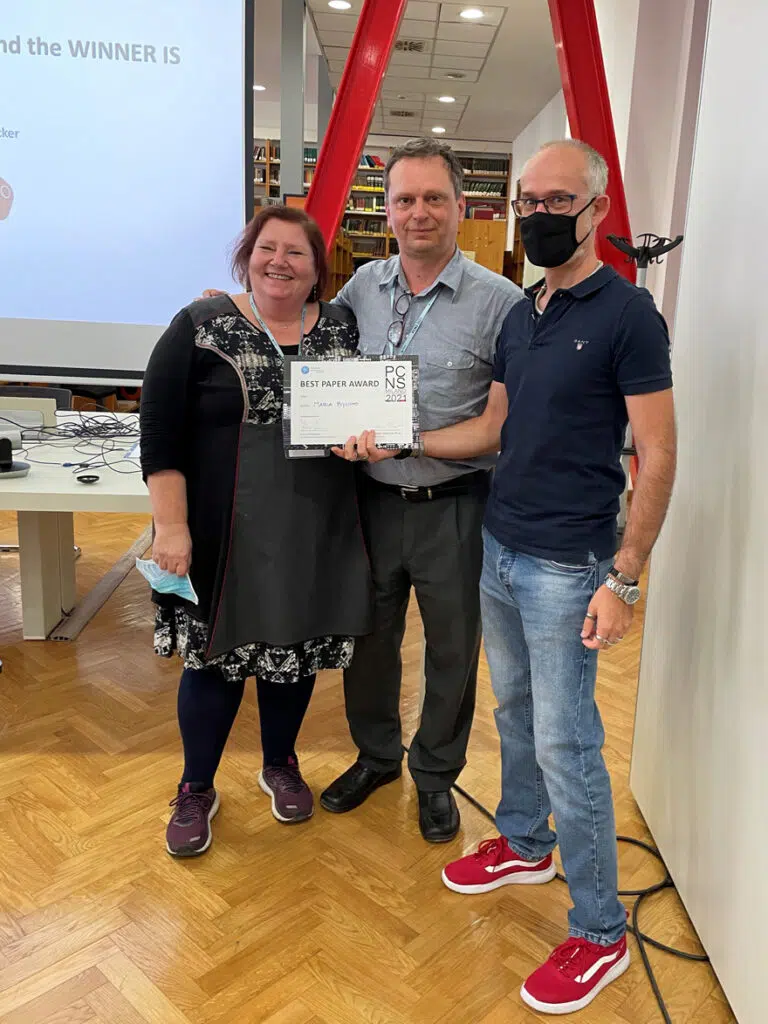
Outstanding Paper Awards
A way to High Voltage Polymer Aluminium Electrolytic Capacitors by Steffen Buhrkal-Donau, Vladimir Bordo and Thomas Ebel; Centre for Industrial Electronics, SDU South Denmark University; Denmark
Abstract:
High voltage Aluminium electrolytic capacitors with working voltages UR > 400 V are the backbone of industrial and automotive electronics. The main application is in the DC-link circuit. The Advantage of those Capacitors are lower cost compared to other capacitor types, a high CV product and a better coolabilty. Polymer Aluminum Electrolytic capacitors have ca. 10 times lower ESR values as classical Aluminium electrolytic capacitors with liquid electrolyte and are much more temperature stable. So far they are only available for rated voltages lower than 250 V. It would be therefore favorable to have Polymer Aluminium Electrolytic Capacitors also operating at further higher voltages. To step forward a new developed breakdown model of classical Aluminium Electrolytic Capacitors will be discussed and first preliminary data of high voltage Polymer Aluminium Electrolytic Capacitors data with rated voltage over 400 V will be presented.
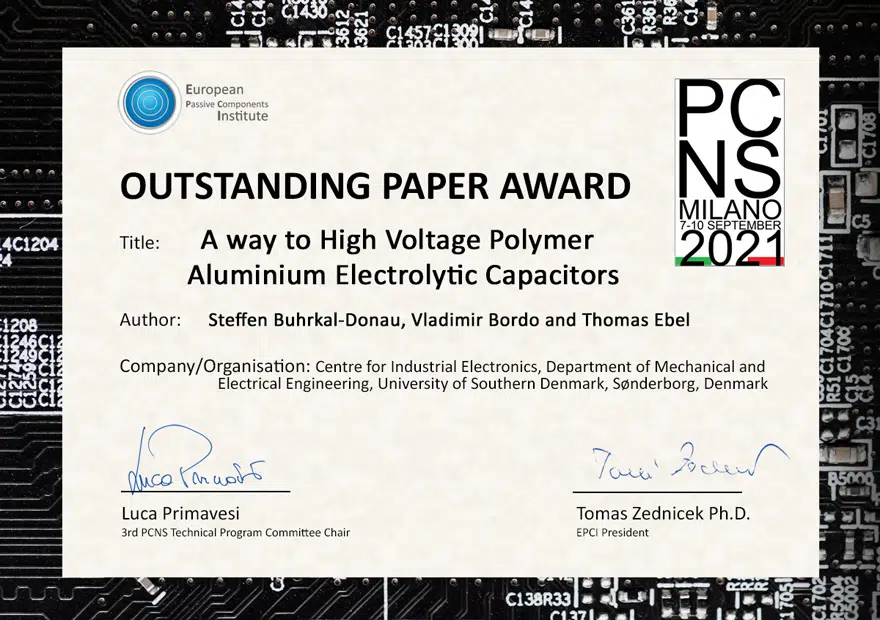

Overcoming the Challenges of Using Sub-Milliohm SMD Chip Resistors by Stephen Oxley; TT Electronics; UK
Abstract:
The most cost effective and simplest way of converting a measured current to a voltage signal is to use a low ohmic value current sense resistor. The increase in products containing batteries, motors or actuators which call for current monitoring or control has led to huge growth in the market for current sense chip resistors with values below one ohm over the last two decades. But more recently, driven by power efficiency demands and enabled by low noise sense voltage amplifiers, the value range has been extended downwards from milliohms to hundreds of micro-ohms. Such low ohmic values present challenges to the user at many stages in their design and manufacturing processes. This paper considers the nature of these challenges and suggests strategies to overcome them. The stages considered are component selection, PCB layout design, verification of the ohmic value of unmounted components, solder paste print and reflow, and expected ohmic values during product life. At each stage there are potential pitfalls but also opportunities to quantify and minimise error and variation. Although sub-milliohm chip resistors are still just chip resistors, it is advisable to treat them as being a separate class of component, and to discover the particular considerations and techniques that enable their successful use.

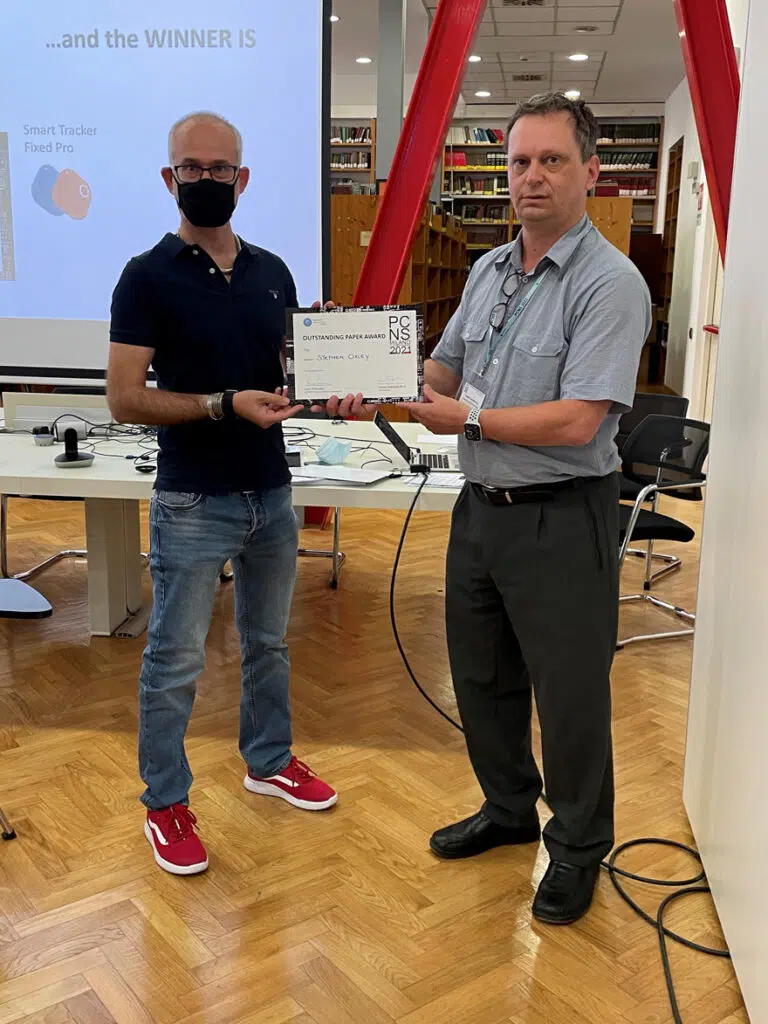
————————————-
PCNS Passive Components Networking Symposium is a bi-annual international symposium organized by EPCI European Passive Components Institute in co-operation with an European university. 3rd edition of the PCNS Passive Components Networking Days Symposium was hosted by Department of Chemistry, Materials and Chemical Engineering “Giulio Natta” and Department of Electronics, Information and Bioengineering Faculty of Politecnico di Milano.
More information about PCNS is available on its website:
